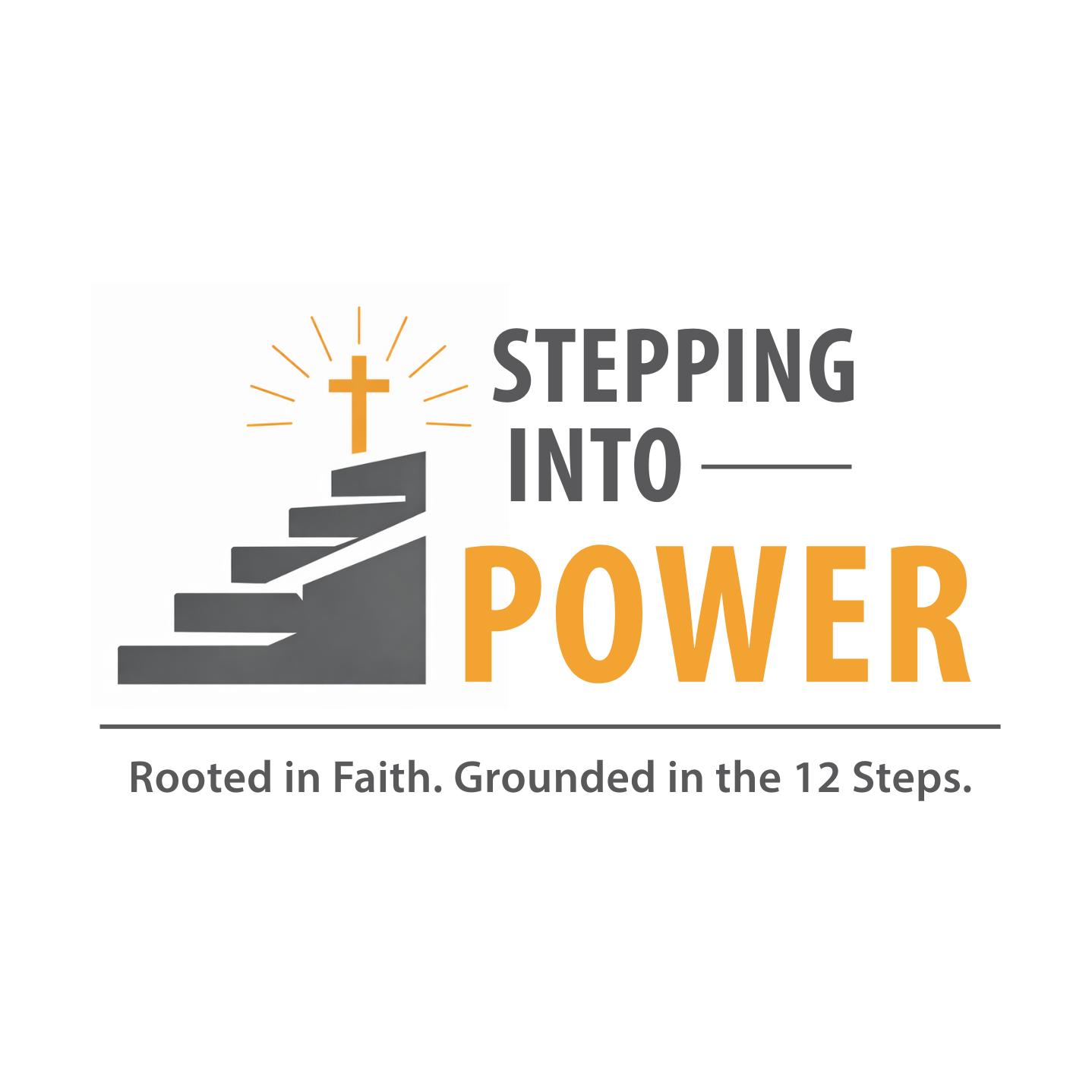STAY CONNECTED
Never miss a new post! Receive our latest blogs, recovery insights, and updates from The Dunamis Initiative right in your inbox.
Recovery from addiction is more than surviving—it’s about growing. In this post, we’ll explore how Post-Traumatic Growth (PTG) reshapes the recovery journey, moving from simply being “in recovery” to flourishing in faith, resilience, and purpose.
What “Being in Recovery” Usually Means in Addiction Recovery
Most people who seek relief from the bondage of addiction often believe they must stay “in recovery” for the rest of their lives. This conventional wisdom shapes how recovery is understood and practiced.
Are Lifelong Meetings Really Required for Sobriety?
Recovery doesn’t have a single definition, but it usually involves repeating the steps indefinitely, attending meetings for life, and serving the fellowship or group. Many people call this “working your program.” Over the years, I’ve heard countless laments that someone quit attending meetings and was now at risk of relapse.
Meetings are often presented as the only way to stay sober. But are lifelong meetings really part of the AA program? According to their website, the choice belongs to the individual. Yet they also recommend attending meetings weekly—or even daily—long-term. That advice implies lifelong meetings are needed to remain sober.
This view ignores the reality that about 70% of people quit drugs or alcohol without rehab, counseling, or group meetings. Researchers struggle to study them because they rarely involve medical professionals in their abstinence. The same is true for people who spend a year or two in AA, then move forward without relapse.
A Faith-Based View of Recovery and Growth
The Dunamis Initiative defines recovery as maintaining abstinence while actively pursuing growth in mind, body, and spirit—and while improving the ability to thrive as a citizen. Even the Big Book of Alcoholics Anonymous says nothing about attending meetings forever.
Instead, it states that wellness depends on “a daily reprieve dependent upon the maintenance of [one’s] spiritual condition.” When a person develops integrity, prays daily for God’s will, and serves others (Steps 10, 11, and 12), sobriety is sustained one day at a time. The struggle is real—especially in the early years—but eventually a person should have the freedom to shift from saying “in recovery” to “recovered.”
From PTSD to Post-Traumatic Growth in Recovery
Our culture often references PTSD. Trauma is common, and for centuries people suffered in silence—many turning to addiction or developing other mental conditions. Today, we recognize trauma as real and serious, but it doesn’t have to define the final chapter.
With intentional care, trauma can transform into Post-Traumatic Growth (PTG). Tedeschi and Calhoun first described PTG in 1996, and since then, mental health experts have recognized it as a powerful path forward from PTSD.
They identified five domains of growth:
- New Possibilities → How recovery can open doors you never imagined.
- Relating to Others → Finding your tribe and building authentic community.
- Personal Strength → Discovering courage and resilience after trauma. (You are here)
- Spiritual Change → Growing closer to God through surrender and faith.
- Appreciation of Life → Learning to value each day as a gift.
Some people grow in all five domains; others grow in just one or two. Either way, Post-Traumatic Growth moves us beyond survival and into flourishing as children of God. This post is part of our PTG series—explore the other posts to see how each domain can reshape the recovery journey through faith and resilience.
Choosing Post-Traumatic Growth Over the Lifelong Recovery Label
So—do we need to stay “in recovery” forever? No. Since God offers Post-Traumatic Growth, I’ll choose growth over a lifelong label—thank you very much.
Additional Resources
Want to explore more about Post-Traumatic Growth and resilience? These resources provide helpful insights:
STEPPING INTO POWER SERIES
A Christ-centered walk through the 12 Steps—explored one step at a time.
The 12 Steps aren’t about shame. They’re about freedom.
Stepping Into Power is a faith-based 12-step recovery series that explores one step each month through short videos, guided reflection, and resources rooted in recovery wisdom and spiritual truth.
Available Video Content:
Series Intro: Faith-Based Recovery Through the 12 Steps
Step 1: Surrender

